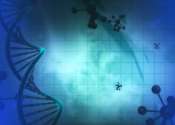Will lockdown loneliness make us loners?
Over the past few months at least half of the world's population has been affected by some form of lockdown due to COVID-19, and many of us are experiencing the impact of social isolation. Loneliness affects both mental and ...









